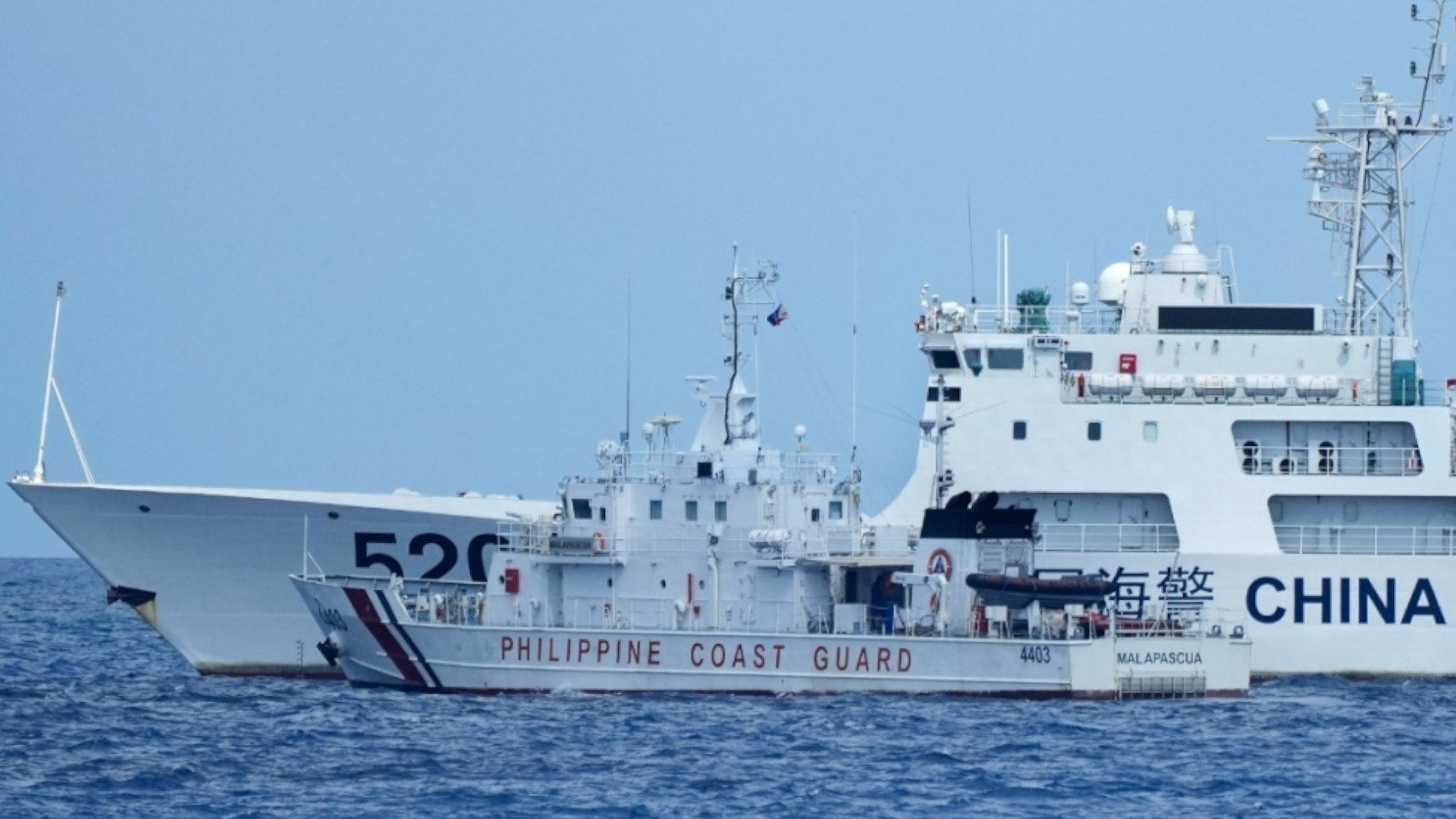
The South China Sea dispute involves multiple countries, including China, Taiwan, Vietnam, the Philippines, Brunei, and Malaysia, all laying claim to different parts of this economically vital waterway. This has led to overlapping territorial claims and simmering tensions in the region, with significant implications for global trade.
China’s assertiveness in the South China Sea is particularly noteworthy. It has claimed nearly 90% of the sea’s waters, based on its contentious Nine-Dash Line, which encompasses areas that international law designates as part of other countries’ exclusive economic zones (EEZs). This contradicts international law, specifically the United Nations Convention on the Law of the Sea (UNCLOS), to which Malaysia and many other nations adhere.
In July 2023, Malaysia publicly and unequivocally rejected a new Chinese map reiterating Beijing’s expansive claims in the South China Sea. The map included features that Malaysia firmly considers part of its sovereign territory. Malaysia’s Foreign Ministry issued a statement expressing its concerns, asserting that such unilateral actions by China are detrimental to regional peace and stability.
This development has wide-ranging implications. Malaysia’s rejection of the Chinese map adds another layer of tension to the already volatile South China Sea. While it reaffirms Malaysia’s commitment to protecting its territorial integrity and sovereignty, it also risks further antagonizing China, a nation known for using military and diplomatic means to assert its claims.
Furthermore, Malaysia’s response underscores the importance of adhering to international law and the need for peaceful dispute resolution mechanisms like UNCLOS. The dispute has also sparked discussions about the potential realignment of regional alliances, with Malaysia possibly drawing closer to nations like the United States, which have expressed concerns about China’s increasing assertiveness in the region.
Lastly, the economic implications of this situation are significant. The South China Sea is a critical artery for global trade, and any escalation of tensions can disrupt shipping routes and trade flows, impacting economies far beyond the immediate region. Malaysia, as a trade-dependent nation, has a substantial stake in regional stability.
Malaysia’s rejection of China’s new map asserting territorial claims in the South China Sea reflects its determination to safeguard its sovereign territory while adhering to international law. However, it also underscores the risk of escalating tensions in the region. The South China Sea dispute remains a complex and sensitive issue with far-reaching implications for regional stability and international relations. The peaceful resolution of these disputes through diplomacy and international law remains paramount to maintaining peace and stability in this strategically vital region.










Share this: